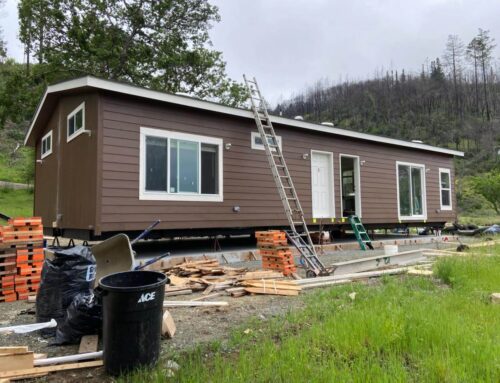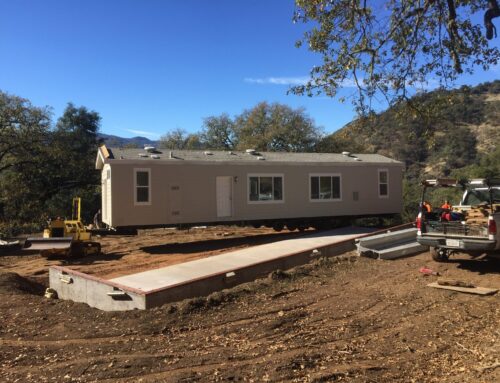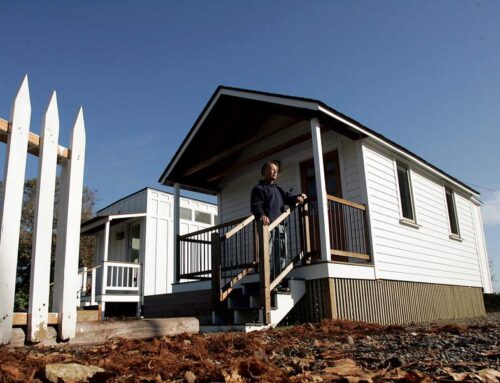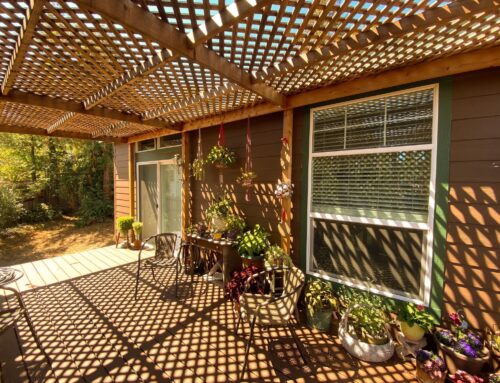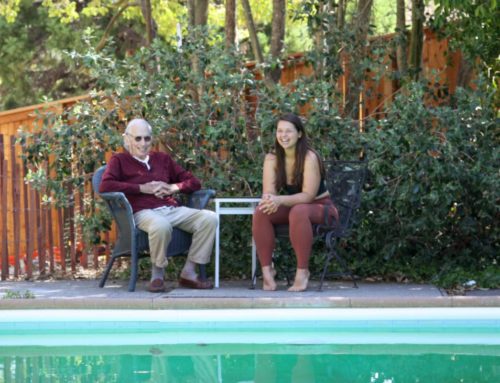
First, you could qualify for a Home Equity Loan. If you have been paying off your mortgage for a while, you can borrow against the equity you now have in your property. The bank will loan you up to 80% of your home’s equity, in a single lump sum. This type of loan is secured; in this case, the security is your house which the bank could foreclose upon if the repayment falls into default. Because it is secured, you are typically offered lower interest rates than a Renovation Loan. And unlike your first mortgage, you don’t need to make a down payment.
A Renovation Loan is a personal loan. It is unsecured, meaning you will most likely receive higher interest rates than a Home Equity Loan. However, it does not require that you have paid off any of your mortgage. So if you have recently purchased this property, this way gives you more flexibility to borrow further to improve it. Typically, securing a Renovation Loan is also faster and easier. It doesn’t require the same amount of verification and credit checks that a Home Equity Loan requires.
Either way, an ADU is an investment. California rental rates mean you could rent a two bedroom unit on your property for around $2,400. This would almost certainly net you at least $1,000 over your monthly repayment cost. That money goes directly into your pocket. Adding an ADU to your property also significantly increases its resale value. So while the investment may seem like a lot, it actually gives you an income stream in the short and the long term.

